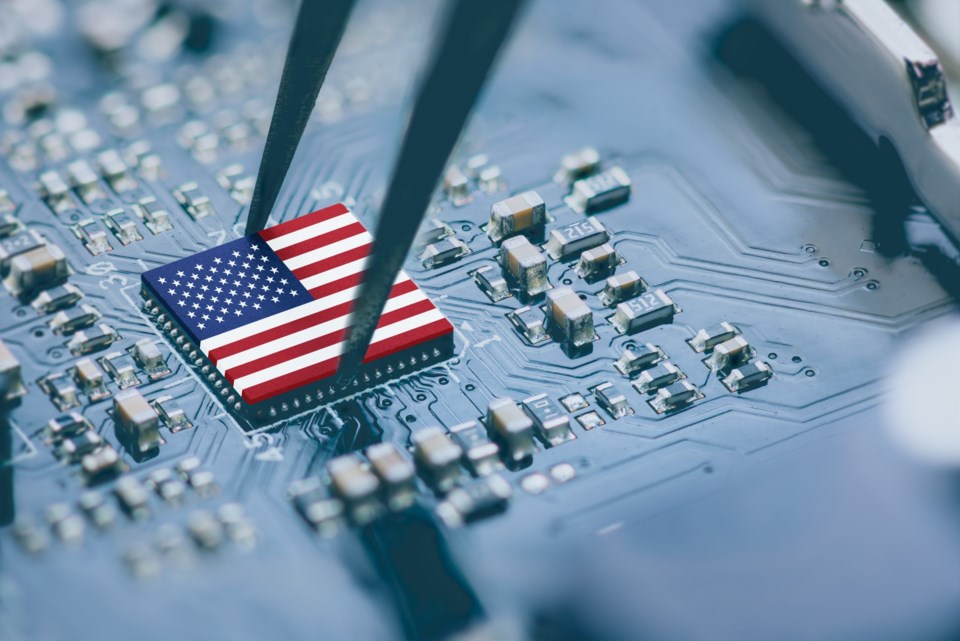Last August, President Biden signed the CHIPS and Science Act of 2022, a federal initiative aimed at strengthening America’s semiconductor manufacturing. Now Governor Greg Abbott approved the Texas CHIPS Act that would funnel almost $700 million into its robust semiconductor industry.
"Texas ranks No. 1 in the United States for semiconductor manufacturing and for the expansion of the semiconductor industry,” Abbott said in an official statement posted on Twitter after signing the bill on June 8, 2023. “With the bill I'm about to sign, Texas will even more bolster our position nationally and internationally when it comes to semiconductors."
The bill creates the Texas Semiconductor Innovation Fund, a reserve of 698.3 million that will provide grants and subsidies for companies that manufacture chips in Texas as well as universities and other state agencies that invest in semiconductor manufacturing and development. Additionally, lawmakers allocated an extra $666.4 million for the creation of research centers at the University of Texas at Austin and Texas T&M University.
This $1.4 billion investment complements the federal $50 billion CHIPS and Science Act in an effort to encourage the domestic manufacturing of semiconductors, a product for which America heavily depends on imports from Taiwan and South Korea.
During the pandemic, this reliance on imports proved risky. In 2020, disruptions in the supply chain at the height of the COVID-19 pandemic paired with a 13% increase in global demand for computers, caused a shortage that is still ongoing. The effects of this shortage sent shockwaves through the U.S. economy, as semiconductors are key components in everyday life — from cars to ATMs, to computers, to smartphones.
These legislations come as an effort to fix the shortage while creating well-paying jobs in the process. According to the White House’s fact sheet, to receive these funds, in addition to companies demonstrating a significant worker and community investment, they will also be scrutinized to make sure “recipients do not build certain facilities in China and other countries of concern.”




